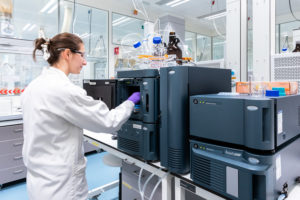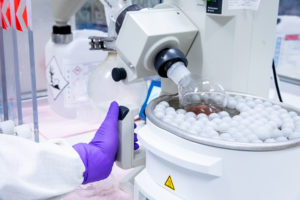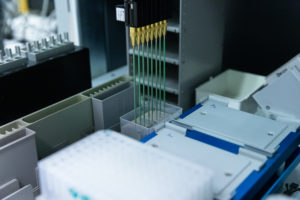


Overcoming Treatment Resistance Through Patient-Centric Innovation
Despite the many significant developments in disease and illness treatments, one critical problem remains. That is, it is not uncommon for patients to develop treatment resistance to certain drugs and therapies, which means new drugs must be sourced and administered. To overcome treatment resistance, patient-centric innovations are being developed to find new therapeutics and support recovery.
Here, we will examine how patient-centric innovations provide new therapeutics for cancer patients.
What is Treatment Resistance?
When patients visit a doctor with an illness, they usually expect medicine or another treatment to help them recover. However, in some cases, a patient may have tried multiple medications, therapies, or treatment options, but no improvement or recovery is made.
This situation is known as treatment resistance. Treatment resistance is when the body does not respond to treatment or therapies that have been administered.
What is Patient-Centric Innovation?
Patient centricity refers to patients’ vital role in their treatment plans. Patient-centric innovations are what enable patients to have full access to their medication, treatment plans and ways of managing their conditions and also include treatments that are developed with the patients at the forefront of the design.
Innovative solutions are continuously being developed to help patients and doctors support standard treatments. Some of these include remote monitoring devices, sensors, wearables and other technologies to make managing certain conditions easier.
Although patient-centred innovation may seem relatively new, it isn’t. Many innovations have focused on improving patients’ quality of life; some examples are Continuous Glucous Monitors (CGM) for diabetic patients and telemedicine, which allows consultations and diagnostics via technology. These developments are being pushed by consumer choices, digitalisation and precision medicine1
Who is Oncodesign Services?
Although cancer treatments have been significantly improved over the last decade, treatment resistance is still a significant problem for cancer patients. With that in mind, EXPLORE is the combination of an Artificial Intelligence based platform through Oncodesign Precision Medicine and a tailored experimental validation process organized by indication and target.
Using the biological, clinical and genetic data, and samples collected from patiants, new therapeutic targets and biomarkers are developed.



